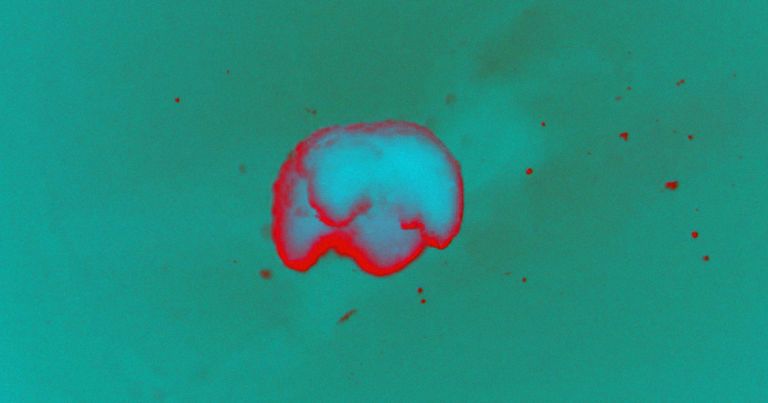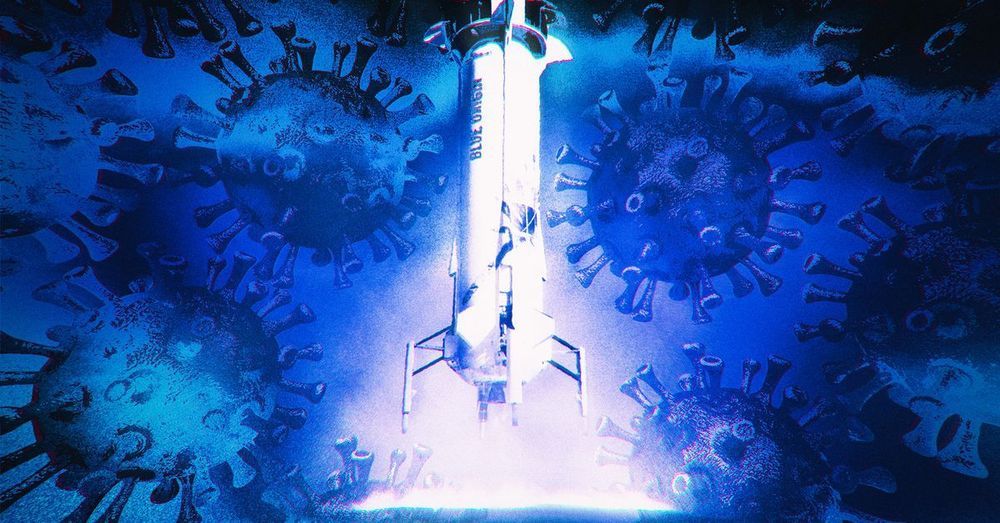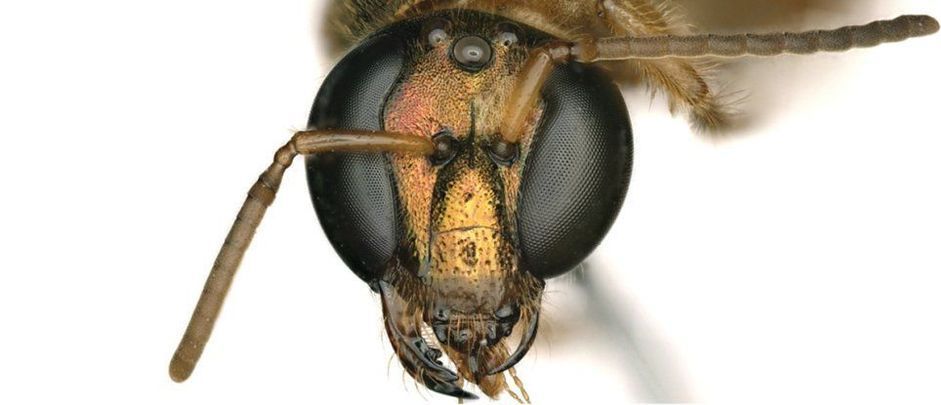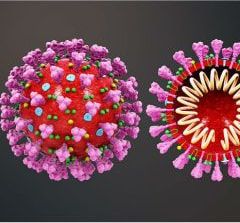Apr 4, 2020
‘We can’t go back to normal’: how will coronavirus change the world?
Posted by Derick Lee in categories: biotech/medical, futurism
Because crises shape history, there are hundreds of thinkers who have devoted their lives to studying how they unfold. This work – what we might call the field of “crisis studies” – charts how, whenever crisis visits a given community, the fundamental reality of that community is laid bare. Who has more and who has less. Where the power lies. What people treasure and what they fear.
Times of upheaval are always times of radical change. Some believe the pandemic is a once-in-a-generation chance to remake society and build a better future. Others fear it may only make existing injustices worse. By Peter C Baker.


















